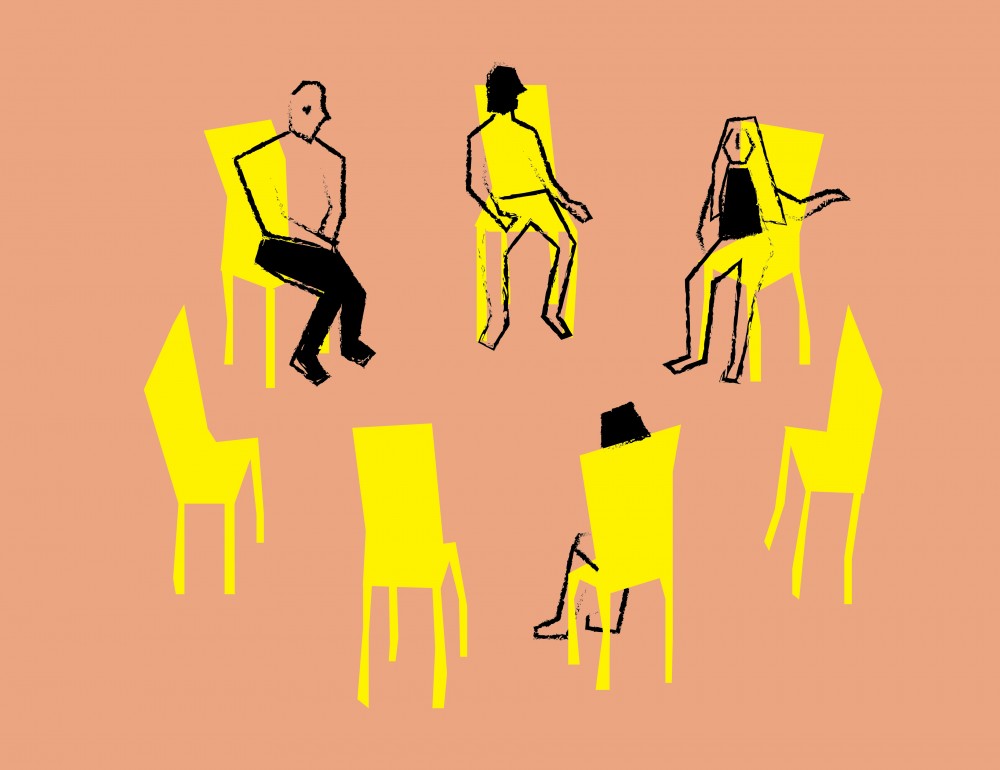Humanities and cultural studies professors gathered in Heller Hall Wednesday to discuss a white supremacist conspiracy theory and its impact today.
“‘The Great Replacement’: Conspiracy Theories and Far-Right Mass Violence in the Trump Era” panel was presented by the Center for Holocaust and Genocide Studies, the Center for Jewish Studies and the Department of History. Organizers said recent white supremacist “acts of terror” and growing anti-immigrant sentiments necessitated the discussion.
The “Great Replacement” myth is the belief that a white majority is being “replaced” by immigrants and people of color. Famously, the “replacers” have largely been theorized to be Jewish, panelists said.
Co-organizer of the event Alejandro Baer, sociology professor and director of the Center for Holocaust and Genocide Studies, said the national political climate helped inspire the discussion.
“I definitely think we see manifestations of this rhetoric also here on campus,” Baer said. “However, our main focus is on how [the myth] has inspired extremists who have acted out with acts of terror.”
The Great Replacement sentiment is credited with recent acts of terror such as the Tree of Life synagogue shooting in Pittsburgh, the Christchurch mosque shooting in New Zealand and in part, the Charlottesville, Virginia rally, where white supremacists were recorded chanting, “Jews will not replace us.”
While there is no exact point of origin of the myth, co-organizer Bruno Chaouat, a professor of French and Jewish studies, points to French writer and white nationalist Renaud Camus as one of the most famous perpetrators.
“His ideas are clear, and he deserves the consequences of them,” he said. “The theology tells us ‘they will not replace us, because we have already replaced them.’”
Other panelists included Riv-Ellen Prell, professor emerita in American studies, Sociology Professor Joseph Gerteis and Malinda Linquist, a professor of history and African American studies.
Panelists discussed moments in history where white supremacy existed in force worldwide and in Minnesota, and how acceptance of Jews and Muslims is affected by that white supremacist rhetoric today.
Some students who were drawn to the panel said the current political climate regarding the alt-right and the Trump administration was what brought many of them to the event.
“It’s an important topic, especially in this time,” freshman Hannah Kraftcheck said.
While junior Lucy Owiredu was there for a class, she said she had personal connections to the topic as well.
“I do have an interest in the topic, and I think it’s something that, in the academic setting, is really interesting to see happen,” she said. “I’ve been trying to go to events that talk about things that aren’t receiving as much attention … I’m interested to see what kind of response it gets.”














